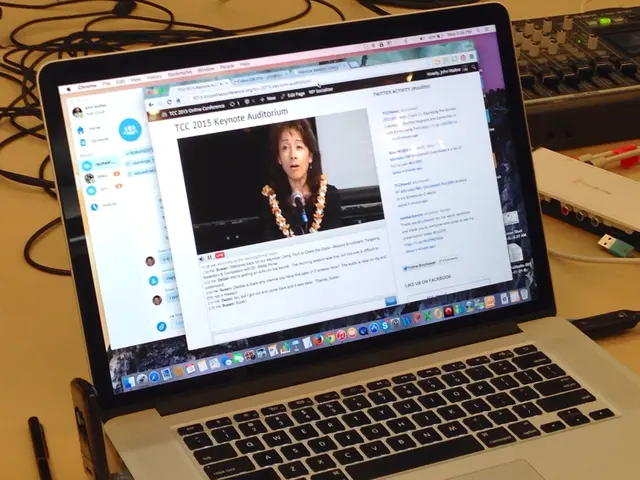Israel's security cabinet to deliberate on potential Gaza City military operation, with peace accord negotiations absent from the discussion.
The Israeli security cabinet is set to convene today to review plans for seizing control of Gaza City, amidst growing pressure to pursue a diplomatic route to end the nearly two-year war. This comes as the Israeli government is expected to discuss a diplomatic offensive in response to the anticipated wave of recognition for Palestinian statehood at next month's UN General Assembly.
The Israeli military carried out intense strikes in and around Gaza City in recent days as it prepares for a potential takeover and occupation of the city. However, IDF Chief of Staff Eyal Zamir is urging the cabinet to discuss negotiations on the latest ceasefire proposal before escalating the war, focusing on the fate of the hostages.
One of the latest Israel attacks killed Hamas spokesperson Abu Obaida. Despite this, Hamas continues to have a presence in Gaza. Notably, Hamas accepted the Qatari-Egyptian ceasefire proposal on August 18, a move that was coordinated with the US special envoy Steve Witkoff in July. As of the current meeting, Israel has not responded to this proposal.
The Qatari-Egyptian ceasefire proposal involves the release of 10 living hostages in exchange for a mass release of Palestinian prisoners. This proposal, however, is not on the agenda for today's meeting of the Israeli security cabinet.
Meanwhile, Israeli Prime Minister Benjamin Netanyahu is now willing to discuss only a comprehensive deal that would release all of the hostages and end the war on Israeli terms and conditions. Netanyahu has recently shifted strategy from negotiating phased and partial frameworks to discussing a comprehensive deal, in coordination with the White House.
The humanitarian crisis in Gaza continues, with another seven people dying of malnutrition, bringing the total deaths from malnutrition to 339. This underscores the urgent need for a diplomatic solution to end the conflict and alleviate the suffering of the people in Gaza.
Annexing any part of the occupied West Bank by applying Israeli sovereignty would violate multiple UN Security Council resolutions and spark an enormous diplomatic backlash. Despite this, Netanyahu is considering measures ranging from full annexation of the West Bank, to partial annexation of selected settlements, to sanctioning the Palestinian Authority.
Most of the heads of other security agencies endorse Zamir's position, urging the cabinet to prioritise negotiations and the release of hostages over military action. As the situation in Gaza remains volatile, the world watches with bated breath, hoping for a diplomatic resolution to this long-standing conflict.








